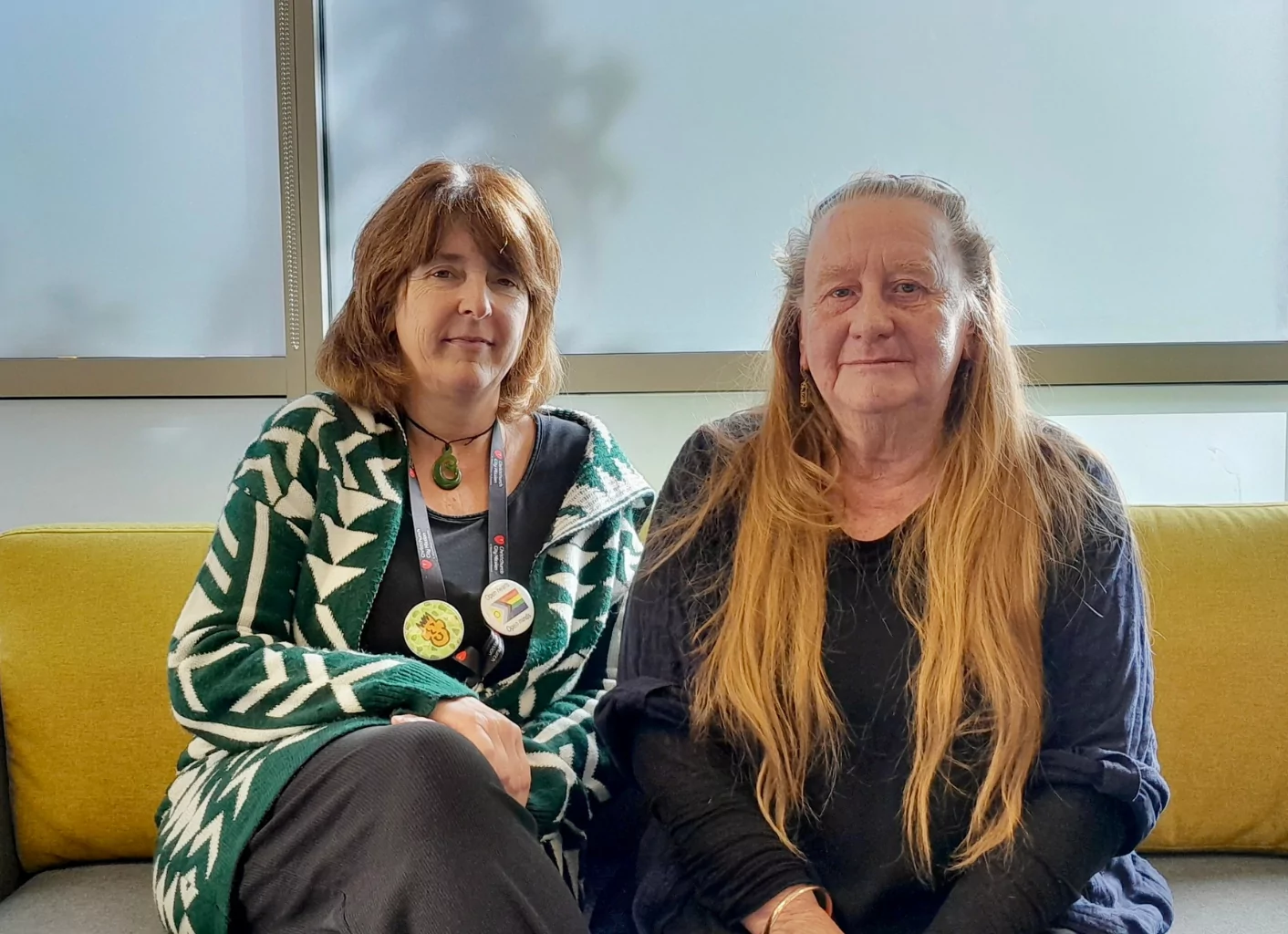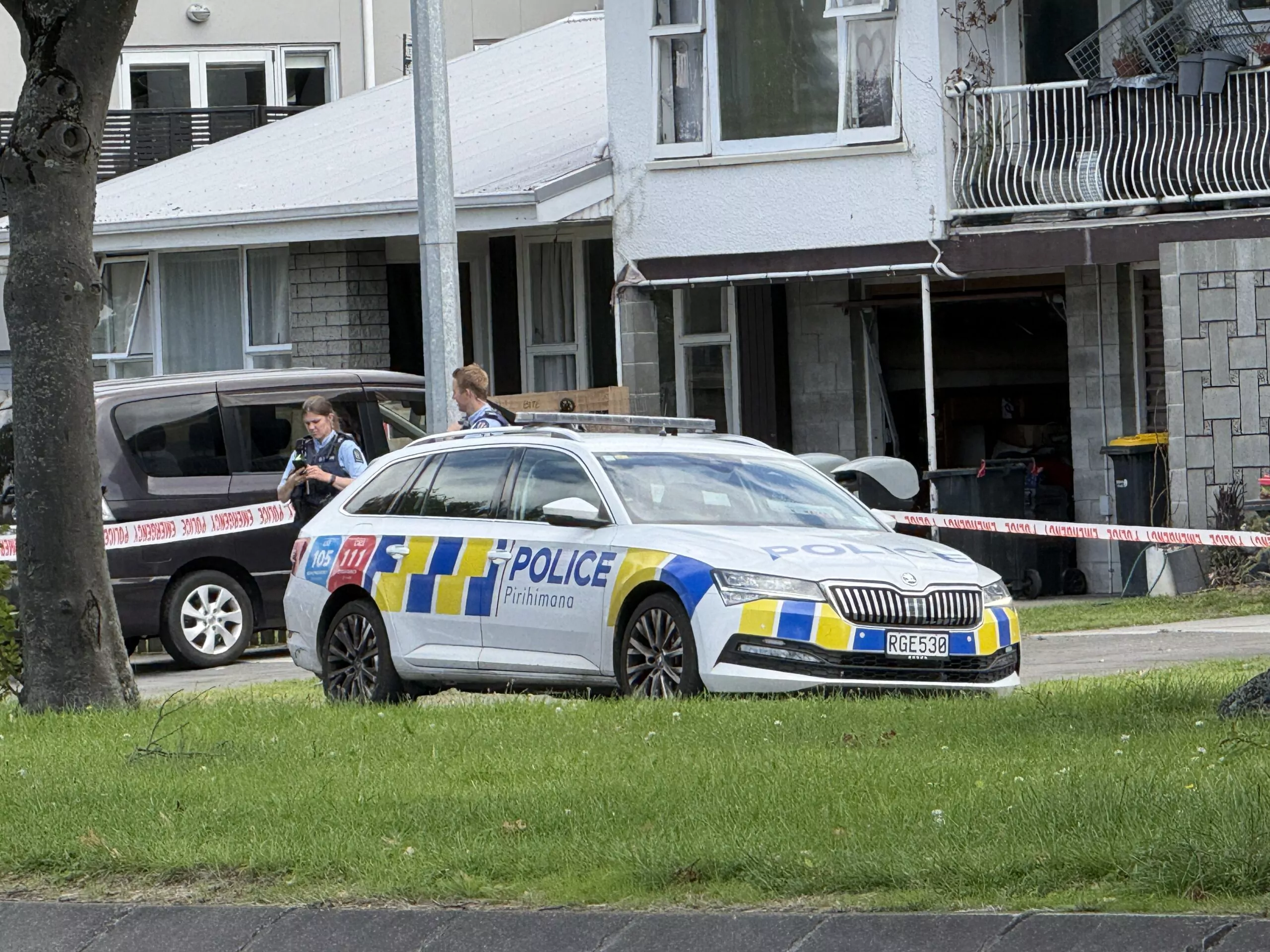Escaped youth tracked by Eagle helicopter, found hiding in New Brighton
The young person who escaped from a youth justice facility in Rolleston has been located...

A ground breaking new course at the Christchurch City Mission is challenging traditional thinking around long term homelessness, with a focus on emotional recovery rather than just practical advice.
The initiative began when Comcare manager Annette Sutherland visited the Mission to help develop a typical housing readiness course. After more than thirty years working to find homes for vulnerable people, she began questioning the approach.
“These courses often focus on budgeting, bonds, and tenant responsibilities,” Sutherland said. “But for people who have lived on the streets, it felt completely disconnected from their reality. It came across as patronising.”
At the City Mission’s learning hub, she raised her concerns with Harriet English, who runs client education programmes. Together, they began to explore deeper reasons why some people repeatedly leave housing and return to the streets.
Sutherland noticed a pattern. “Around the three month mark, people would start to feel uneasy. They might trash the house or simply walk away. It was not a financial issue. It was emotional.”
One former client described it clearly.
“I looked around at the walls and I could not stand it anymore. Homelessness is a fulltime job. You are always doing something, always on the move. There is noise, people to talk to, people to avoid. But inside those walls, there was silence. I did not want to think about my past, and I knew I had no future. So I ran.”
Sutherland also shared an insight from her time in a women’s refuge. She recalled asking a colleague why some women returned to abusive homes. The answer was startling.
“She said that for some, the constant fear and stress had become normal. They needed the drama to feel alive. Safety actually felt uncomfortable. She called it excited misery.”
Another common factor was deep shame or grief, especially among women who had lost children, which led to self sabotage. English said these insights matched what she had seen with many clients.
The two agreed that a new approach was needed. English wrote a five week course focused on emotional patterns, trauma, and the hidden challenges of being housed after years of living rough.
The results were immediate.
“From the very first session, people were saying things like, that is me, that is exactly me,” English said. “They finally felt understood.”
The course helps participants recognise emotional triggers, prepare for the moment they feel overwhelmed, and work through those urges to leave. It also asks them to reflect honestly on the positive aspects of street life, such as freedom, community, and a sense of purpose.
English said the goal is to help them carry those same values into a stable home life.
“We want people to still feel connected, purposeful, and free, even while housed. It is not about stripping away their identity. It is about helping them build something better.”
The course is still being refined, with pilot sessions underway. It has already attracted national interest and was presented at a major conference on homelessness.
One older Māori man who had said little during the five weeks made a lasting impression.
At the final session, Sutherland asked what he would do the next time he felt the urge to walk out of a house.
He stood up, walked to the wall, placed his hand on it, and said quietly, “Thank you for keeping me dry and safe.”


